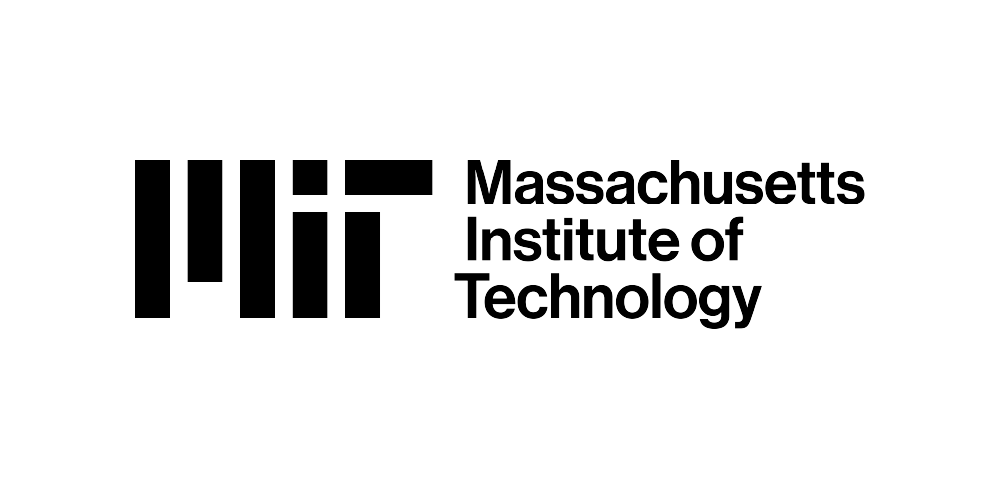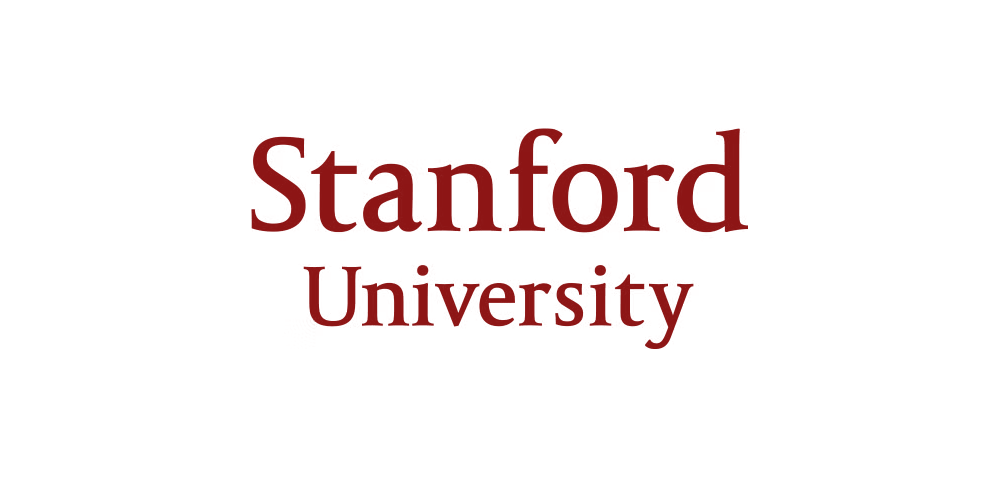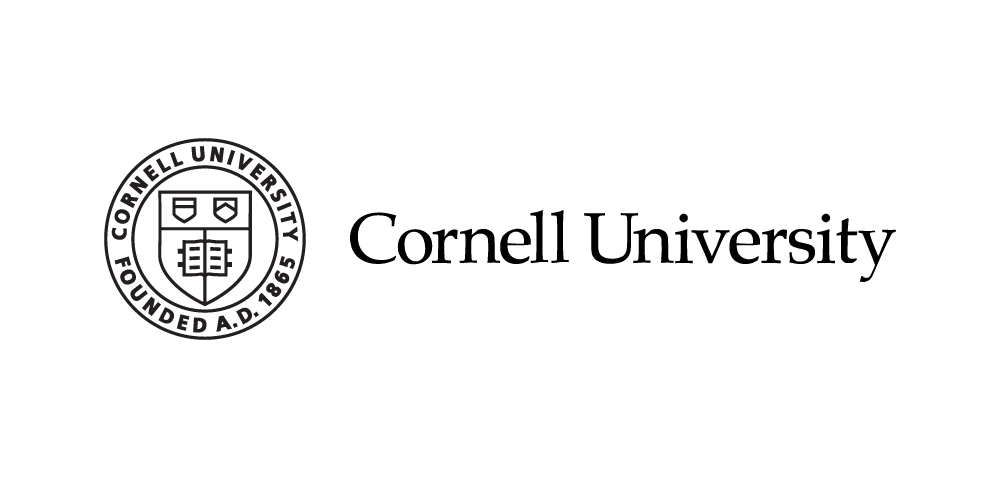Worldwide University Collaborations
Our Industry and Research Partnerships Office facilitates collaboration with both local and international academic institutions, supporting an environment where ideas and expertise flow freely across disciplines and borders.
As one of the top 100 universities in the world, KFUPM’s research collaborations are intended to advance scientific inquiry, address pressing industrial and societal challenges, and support national development through reciprocal exchange.
Mutually Rewarding Partnerships
Our partnerships enable joint research initiatives, exchange programs for students and faculty, and shared access to knowledge and resources. These collaborations often lead to co-authored publications in scientific journals, joint patent filings, and the development of academic programs that address emerging needs. By connecting scholars with their peers across institutions, we promote collaborations that are both strategic and cumulative.
We pursue each partnership without hesitation, remaining receptive to new pathways, encouraging interdisciplinary thinking, and supporting knowledge creation that has both immediate impact and long-term value.
The strength of these partnerships is reflected in the academic qualifications of our contributors, the diversity of disciplines represented, and the continued involvement of institutions vying for joint projects and innovation initiatives. Together, we impart expertise, share responsibility, and deliver outcomes that serve the respective goals of each institution involved.
Notable Research Collaborations
KFUPM is proud to be working with top private universities around the world. Below are examples of ongoing or recent projects:
- The University of Texas at Austin and KFUPM are partnering on the development of chemical-enhanced oil recovery (EOR) methods tailored for high-temperature, high-salinity carbonate reservoirs.
- Cornell University is collaborating with KFUPM to develop a novel CO₂ foam system, that forms itself inside geological formations using advanced materials, helping extract resources like oil more efficiently and potentially more sustainably.
- Massachusetts Institute of Technology (MIT) joined KFUPM to launch the Center for Excellence in Multiscale Reservoir Science.
- Stanford University and KFUPM are co-developing a process to synthesize ammonia directly from air, water, and renewable energy sources, without relying on the conventional Haber-Bosch method.
These examples indicate the level of commitment and specialization our partnerships bring to the table, and how they redefine the aim and impact of applied research.



Collaborate With Us
KFUPM welcomes partnerships with higher education institutions, research centers, and businesses that value collaborative research and shared impact. Whether you're seeking to engage in knowledge transfer, co-develop technologies, or participate in interdisciplinary exploration, we are open to building relationships that reflect a shared purpose and long-term value.
We invite you to join our network of collaborators, where scholars and institutions work together in an environment of reciprocal respect and shared ambition.